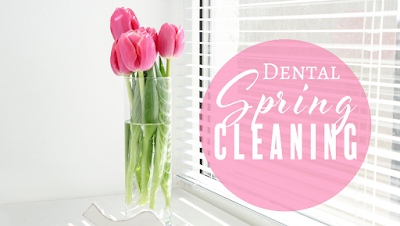Got Questions? We've got the answers!

Frequently Asked Questions Hewlett Family Dental has the answers to the most commonly asked dental questions. If you have a question that is not addressed here, let us know! FAQs What causes bad breath? Bad breath is generally a result of dental decay and periodontitis, a disease affecting the gums and bone. Periodontitis occurs when the gums become inflamed and infected, ultimately spreading pockets of plaque and tartar from the gums to the bone that supports the teeth. The teeth may become loose and eventually fall out if left untreated. Periodontitis is treatable, but good oral hygiene is the best method of avoiding this problem. How do I repair a cracked tooth? Teeth can crack or chip for a variety of reasons. Especially if they are subjected to chewing hard foods or biting on an unexpectedly hard object, or if teeth have been subjected to large restorations. You may also experience painful chewing, unsolicited pain or discomfort due to cold air. M...









